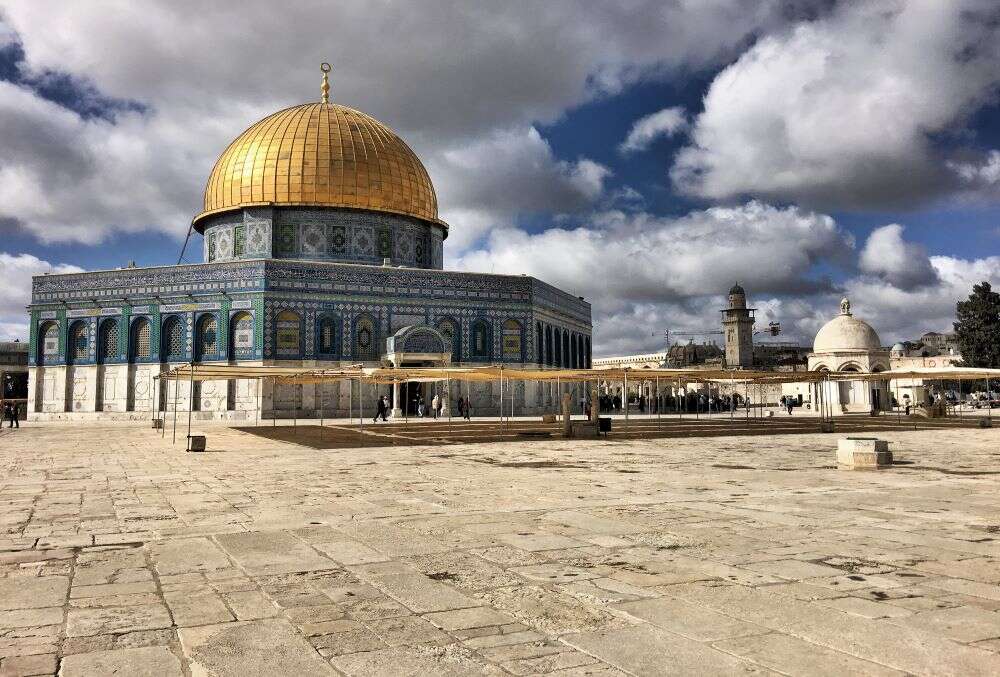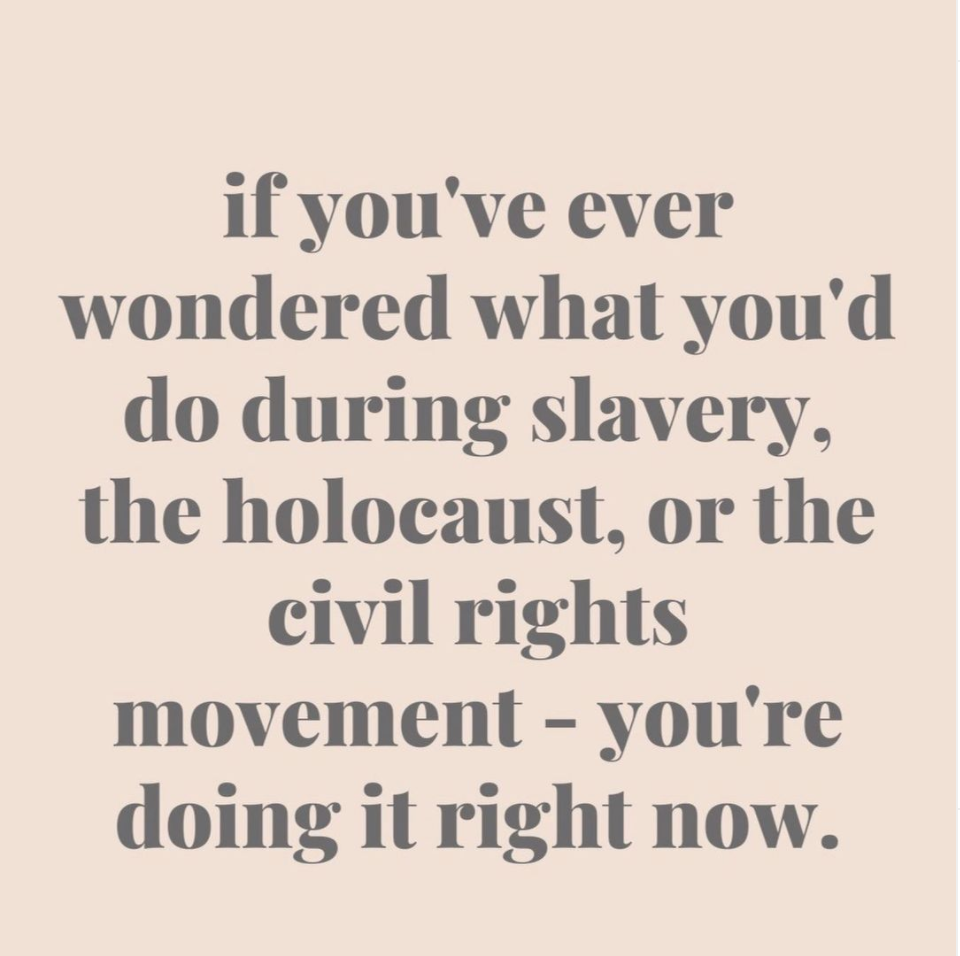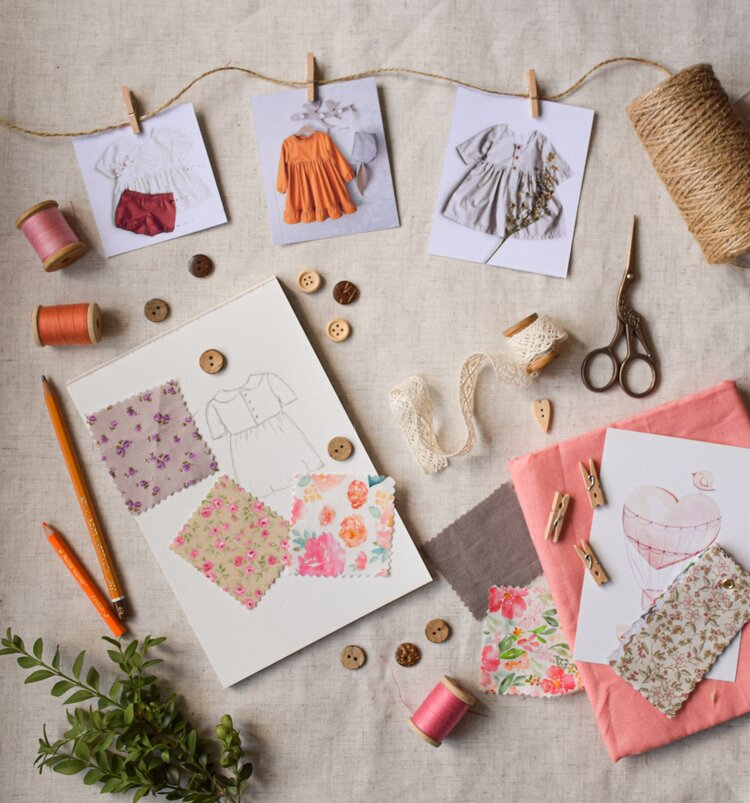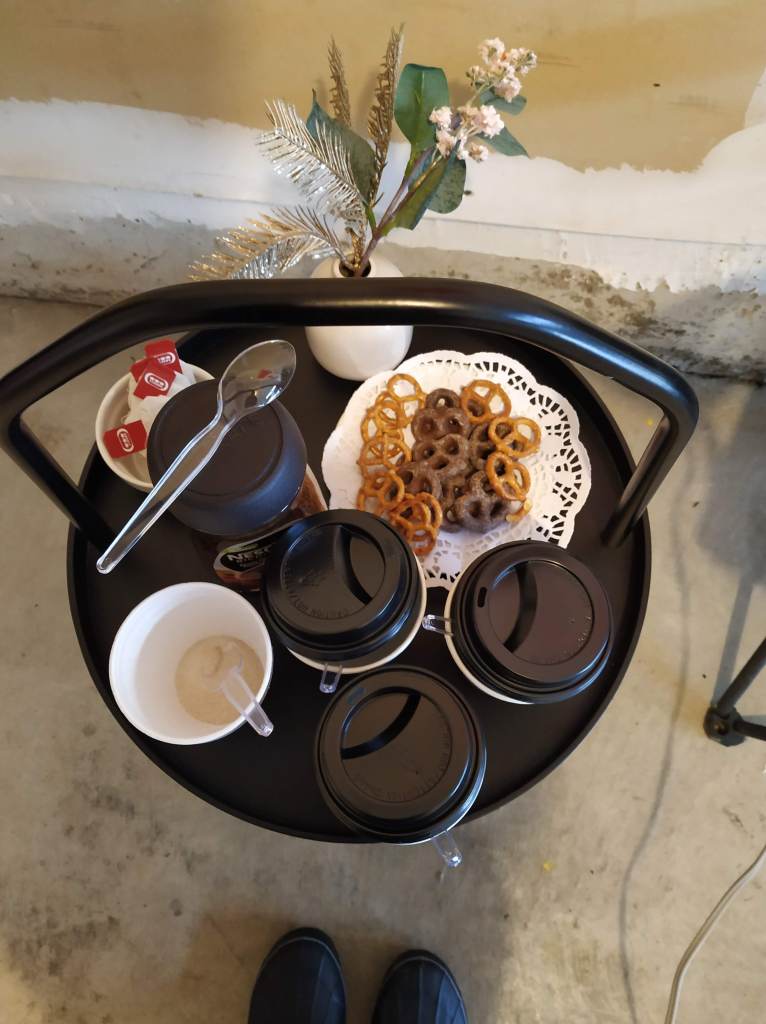Bismillah…
“Let’s go Yahya, let’s get ready to go outside, it’s a sunny day,” I say as I think through the list of items I need to pick up from the store. He ignores me and carries on bringing his Paddington bear and soft grey blanket to finish making what we call his ‘beaver dam’. It’s a regular practice nowadays where toys and fuzzy objects make their way to confined spaces. Sometimes under my work desk. Often under the dinner table.
“Do you want to go outside or stay home?” I ask as I gesture to the bright sunny view beyond our loft window.
He looks up from all the things he’s gathered: playdough, a few matchbox cars, a firetruck, a mini waffle maker and a round smooth rock from his sisters’ collection.
“Home,” he says. This is the third time this week he’s opted to stay home. His two-year-old mind is immersed in creating a world with ordinary materials around him which he finds far more interesting than store isles and bright artificial lights.
I’m usually happy to have him stay home but on this particular day, we neededto go out for errands so I chased him with his socks and clothes in hand until my husband came for back-up so we could get on with the day. Time spent getting out the door: ~23 minutes.
//
I had just turned 16 when I started my second job in Old Town, Virginia doing data entry for a small political accounting practice. I’d beat the senior students’ traffic in high school and drive downtown within half an hour before my start time, carefully maneuvering through one-way lanes, alert for any parallel parking spots with ample room to squeeze into.
My colleague was a former student at my high school. Her blonde hair was cut to shoulder length and she wore pastel-coloured capris with white cardigans and pearl jewelry which seemed right on brand with her “Proud Republican” bumper sticker. We made decent conversation over what she was studying in College (American Sign Language) and cute new spots to check out downtown. We’d quietly get our work done to the sounds of each others’ typing and the occasional cough or sneeze.
Truth, my inner thoughts were: She’s probably never talked to someone like me. I am brown. I wear black abayas with assorted colours of hijabs from the Somali mall and shoes from Payless. She lives in the part of our school boundary stereotypically known as “Whitewood” with many family members working in the State Department while I grew up in apartments most of my life until high school. Her playlist contains popular music tracks and Christian songs while mine had lectures by scholars who were considered enemy number one at the time. She would occasionally ask how so-and-so was doing in school and which teachers stuck around.
On my break, I loved walking down the old cobblestone streets studded with indie boutiques, art galleries and open-air eateries. I would pray ‘Asr by the same tree every week, overlooking the Potomac River hearing seagulls squawking for bits of bread offered by toddlers walking hand-in-hand with their parents. Driving down the same roads toward home, a nostalgic quietude would come over my heart as the sunset merged with purplish hues. Sheikh Salah Bukhatir’s Surah Al-Qalam played on my phone through the miles inching towards home in evening downtown traffic.
Ammi would have dinner made. Sometimes a full spread with fluffy Afghan bread or pulao, and at other times… savoury oatmeal. After Maghrib and dinner, I’d unzip my Jansport backpack and retreat to my room to prep for exams, oscillating between watching Baba Ali clips on Youtube and studying historical names, dates and events I’ve since (mostly) forgotten. To zone out, my sister and I watched Psych and laughed over old jokes. Then came ‘Isha and a few hours of sleep before repeating it all again.
Between 8 hours at school, work, and extracurricular events peppered in throughout my weeks, my home became a rest stop. A place where I’d pop in and out without settling because there was always somewhere to be or something to do for the never-ending list of school commitments. In our earlier years, sitting together with my father to learn Ahadith was a fond memory after school, which sadly dwindled over time as I became more occupied with the world outside.
When my father would request to sit with him and convene the hadith circle in my high school years, I’d say yes with hesitation knowing my mind would warp into a time management Gantt chart where I was half-heartedly listening, thinking of all the AP English and World History and Algebra II work I needed to get done.
Outward compliance. Inward distraction.
Could I recall what my father was saying – the priceless lessons he was passing on? At times, when weeks were less busy, yes. But many times, I had no clue. The demands of my life outside of home overshadowed the gems of khair within my home.
Once the initial stages of excitement came to equilibrium after settling into my new life post-marriage, I remember feeling an alarming sense of confusion about how to spend my day. I had no plans to work. No familiar family or friends nearby. All of my previous commitments vanished with no sign of return. I remember watching my husband go about his life as usual while I felt detached, wobbly, and unsure of who I was all of a sudden.
After weeks, even months of letting me feel what I felt and validating it all, my husband analogized how a caterpillar nests in its warm cocoon before its magnificent, striking transformation into a butterfly. Each stage requires a serene, meditative pause to bring about the next stage. Nothing can be rushed.
I loved the imagery and poetic example but patience is hard for me, friends.
It always has been.
I love sourdough bread but can’t wait all those days for the starter. I peek at the cookies baking in the oven before the timer goes off. I ask the kids to tidy up before they’re done playing. But despite all my resistance to patience, Allah blessed me with the hardest first pregnancy I could ever imagine to instil patience in me down to my bones. And it may be why I’m still homeschooling and keeping on each day, through all the messy stages. In those 9 months, I would go through a steady rotation of journaling, staring out the window from our 25th floor balcony, watching Gilmore Girls, nausea, and ruminating on what to do now that my life looked nothing like it did before. I went from thinking the world was passing me by outside that balcony to turning inward and noticing a world emerging within my home. The months of solitude lead to unearthing dreams and ideas buried in my subconscious for 20+ years.
//
Both of my kids love being home. It may be a phase but it’s a trait I’ve noticed growing in them as I’ve modeled my nesting habits over the last 7 years. From watching me design my planner from the comfort of my bed, running my small business, picking up knitting, watercolour painting, drawing, toy-making, sewing, learning Arabic, writing, and running a mom community, they have in front of them a Mama who leans into her curiosities and creative inclinations, encouraging them to do the same. I get to delve into the hobbies and skills I dreamed of learning when I’d sit through lifeless lectures and courses in school laced with values and culture drastically opposite my own.
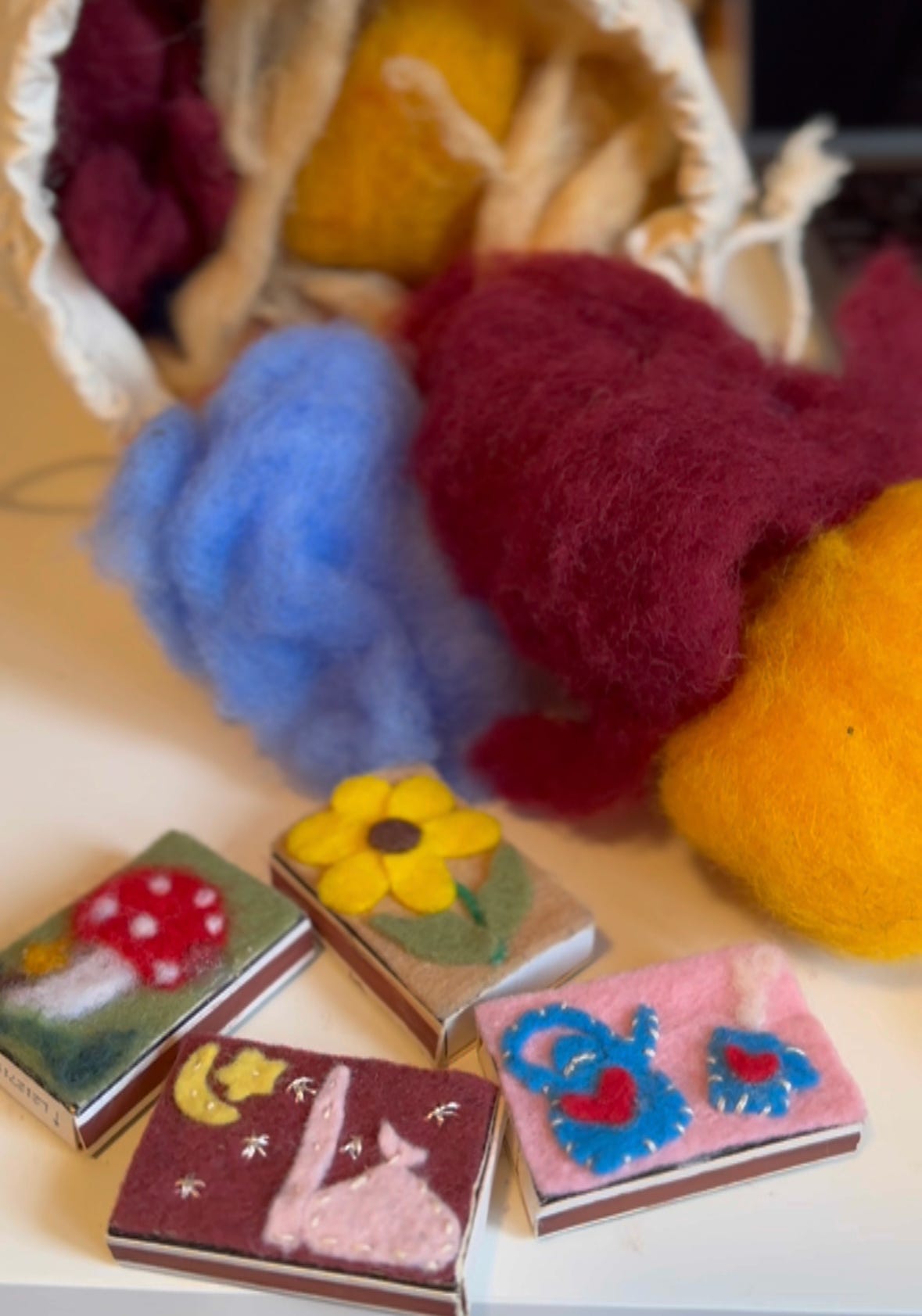
These days, Waliya loves making her own stickers after discovering my stash of unused sticker paper. She can busy herself with self-made projects at any hour of the day in-between our weekly rhythm of co-ops, classes and play dates. My son is obsessed with our simple kitchen which is his entire world these days (in addition to the vacuum cleaner). Deeper than ever before, I feel settled into our little life. I pray my children’s love for home stays with them even as the world glitters and gleams outside because of the humble yet effortful investment I’m making each day.
I’m living a life designed with my own priorities at the core, protected from a world that would otherwise wish to usurp my energy for its gain, influence my ideals for its “advancement” and take far more from me than it could ever give back. Just like those years when I wish I would have said a whole-hearted “yes” with my words and spirit when my father asked us to gather around in praise of our Prophet’s (saw) lasting words.
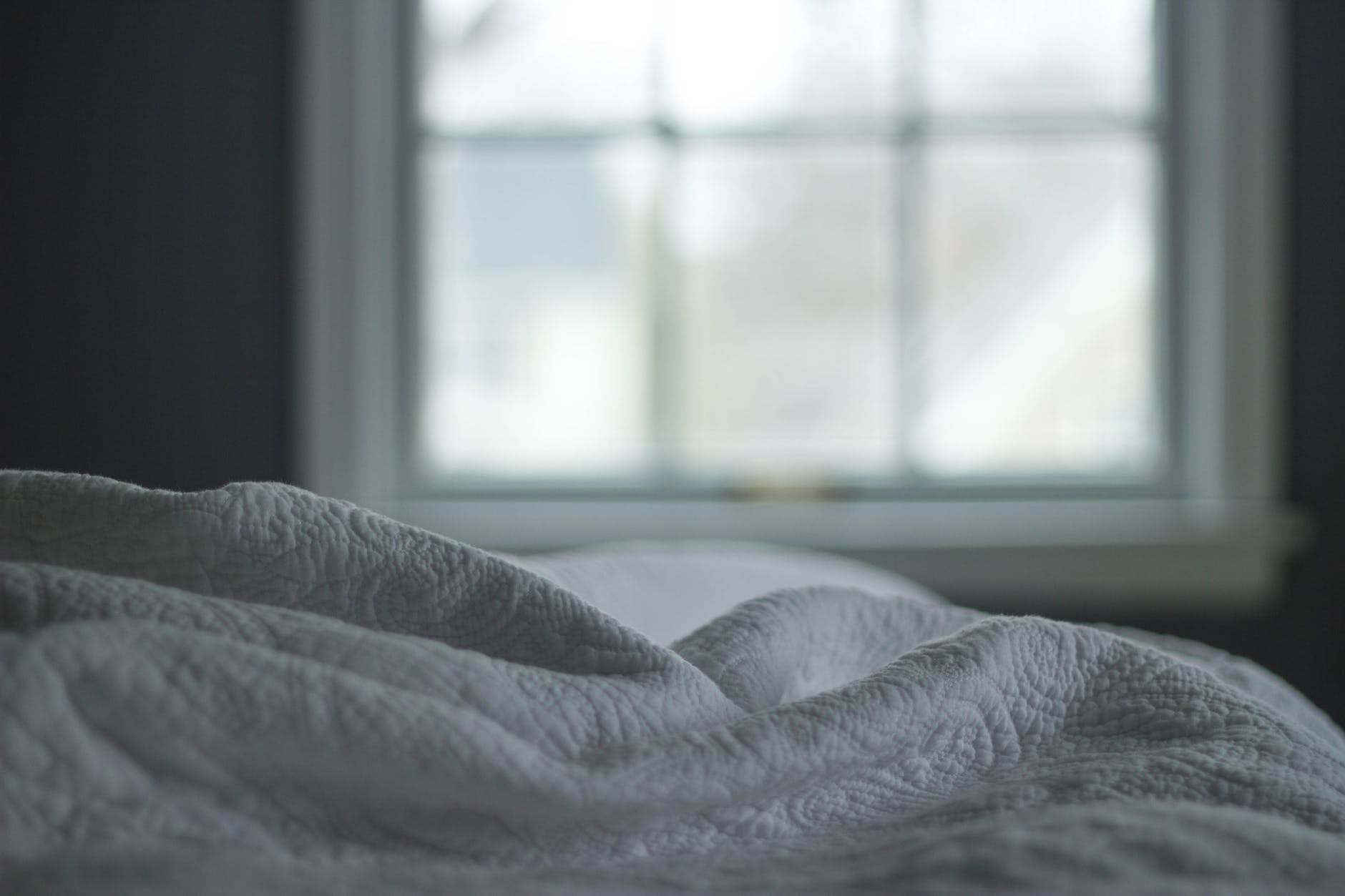
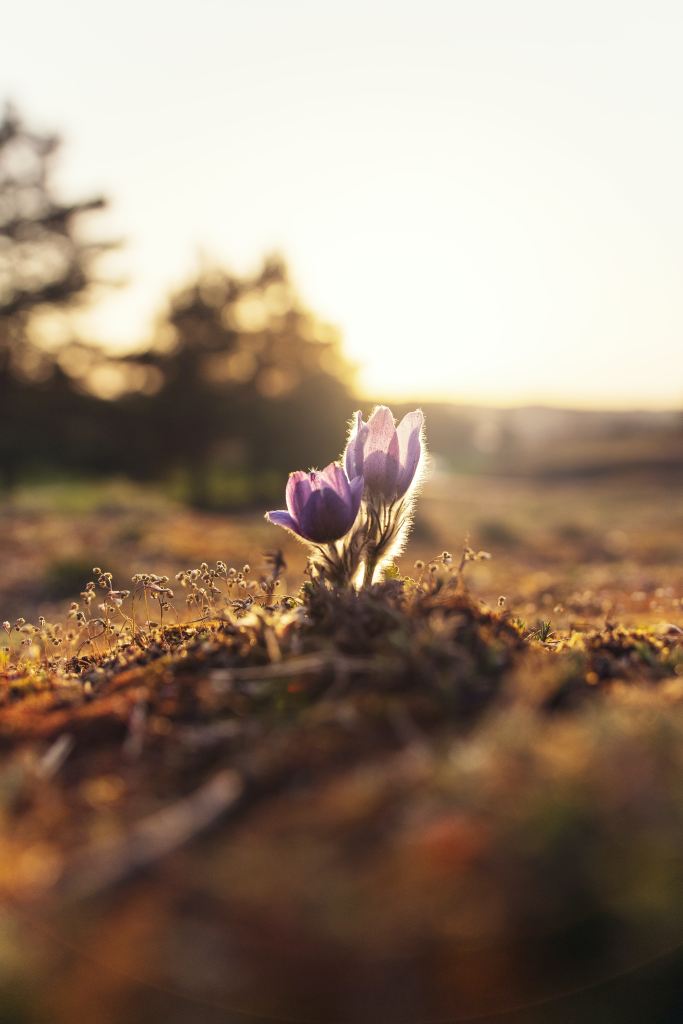
![Palestinians leave a UN-run school on Friday where they took refuge during the Israeli attack on Gaza [Ibraheem Abu Mustafa/Reuters]](https://www.aljazeera.com/wp-content/uploads/2021/05/GazaKid.jpg?resize=770%2C513)
